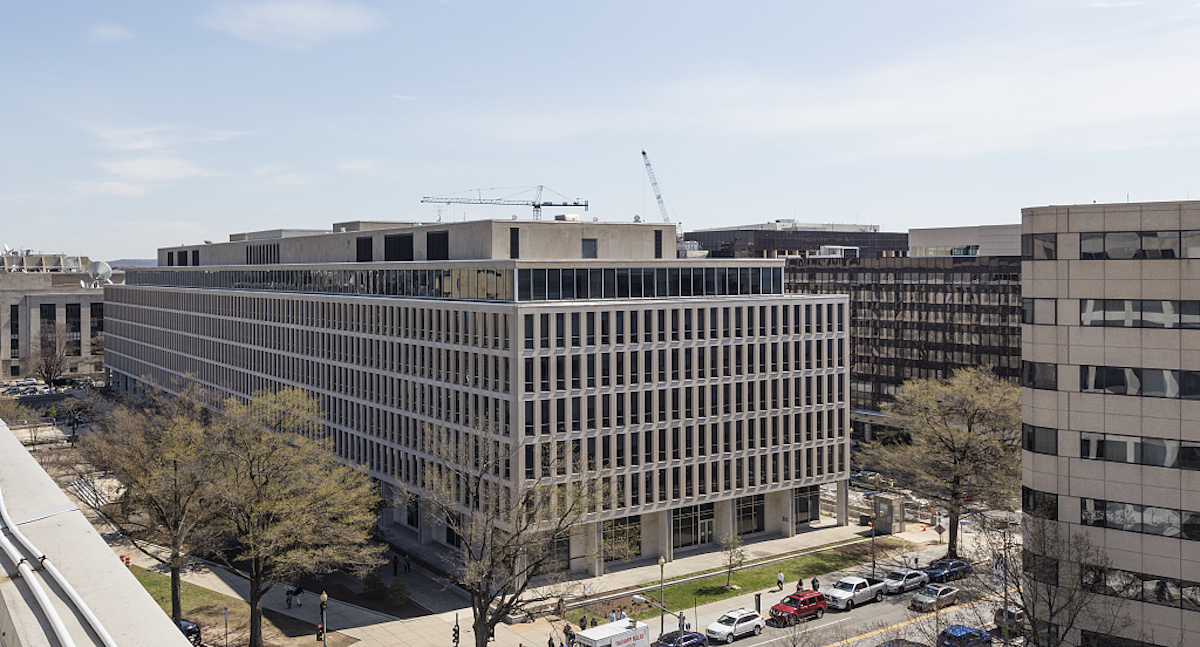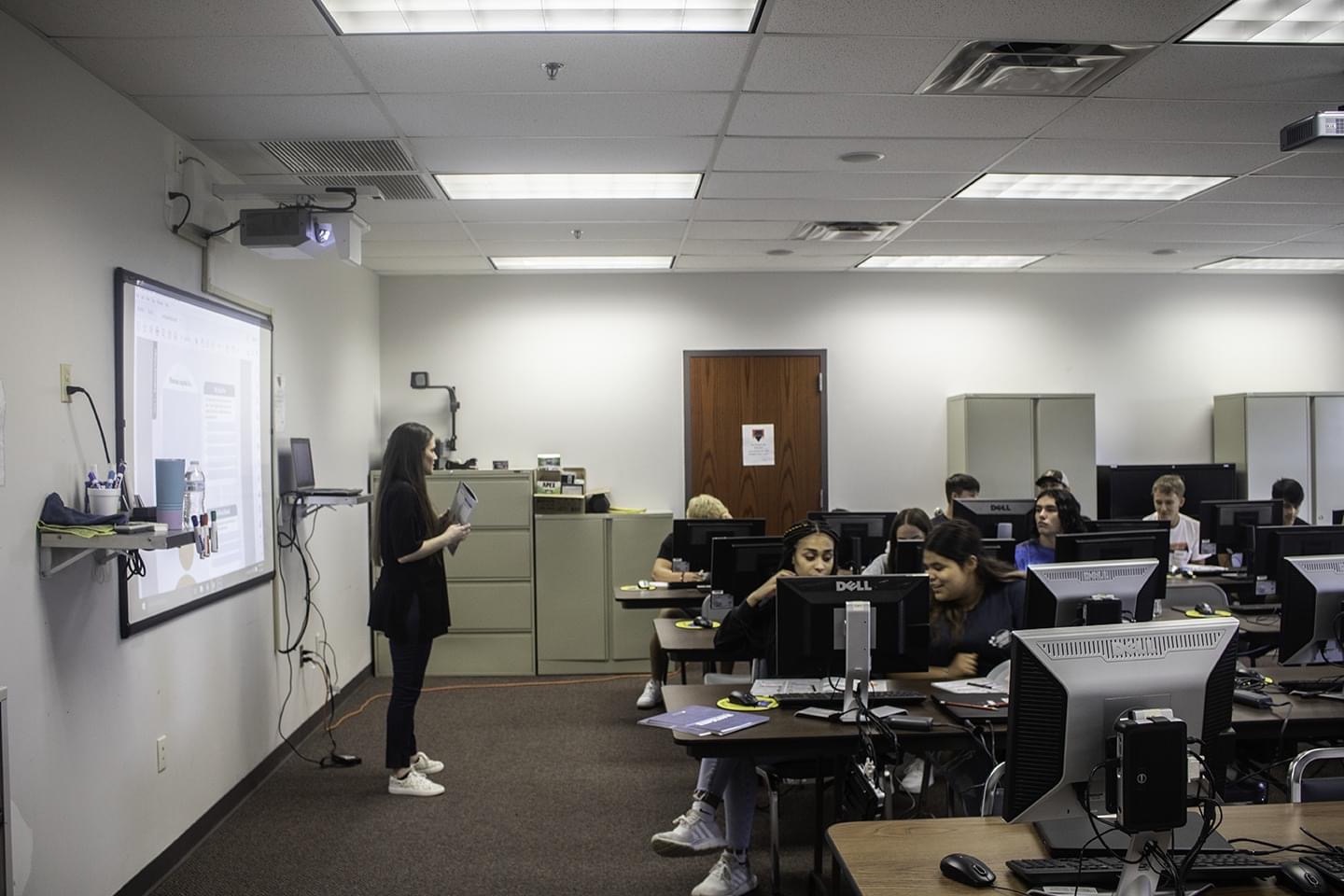Economic Development
- Details
- By Tribal Business News Staff
- Economic Development
- Type: Default
- Paywall Status: Protected
- Reader Survey Question: No Question
WASHINGTON, D.C. — Programming to support the unique needs of Alaska Native students received a $35 million boost this month from the U.S. Department of Education.
- Details
- By Tribal Business News Staff
- Economic Development
- Type: Default
- Paywall Status: Protected
- Reader Survey Question: No Question
Seven tribal projects have secured a collective $11 million in funding via the Indigenous Communities and Economic Adjustment Assistance Programs from the Commerce Department’s Economic Development Administration.
- Details
- By Tribal Business News Staff
- Economic Development
- Type: Headshot
- Paywall Status: Protected
- Reader Survey Question: No Question
AUBURN, Calif. — The United Auburn Indian Community (UAIC) has welcomed Becky Johnson as its new tribal administrator.
- Details
- By Chez Oxendine
- Economic Development
- Type: Default
- Paywall Status: Protected
- Reader Survey Question: No Question
Under a new $3.6 million funding opportunity from the Environmental Protection Agency, tribes will have access to grants to help them develop or refine their wetlands management programs.
- Details
- By Elyse Wild
- Economic Development
- Type: Default
- Paywall Status: Protected
- Reader Survey Question: No Question
OSAGE NATION RESERVATION, Okla. — Osage Nation will use a $40.6 million grant to develop critical broadband infrastructure on the tribe’s more than 2,200-square-mile reservation in northwestern Oklahoma.
- Details
- By Matthew Gryczan
- Economic Development
- Type: Default
- Paywall Status: Protected
- Reader Survey Question: No Question
BLUE LAKE, Calif. — When you live in a remote area prone to earthquakes, wildfires, and power outages, you quickly learn to be self-reliant and resilient. And if you happen to be the Blue Lake Rancheria of California, you make it your business to teach others how to weather whatever Mother Earth and man throw at you.
- Details
- By Tribal Business News Staff
- Economic Development
- Type: Default
- Paywall Status: Protected
- Reader Survey Question: No Question
Five tribes in Arizona will receive more than $105 million to help build out high-speed internet infrastructure to serve their sovereign nations.
- Details
- By Chez Oxendine
- Economic Development
- Type: Default
- Paywall Status: Protected
- Reader Survey Question: No Question
The Yurok Tribe in northern California relies on wireless communication to get its citizens online, but that’s not always reliable.
- Details
- By Elyse Wild
- Economic Development
- Type: Default
- Paywall Status: Protected
- Reader Survey Question: No Question
ESPANOLA, N.M. — The Santa Clara Pueblo plans to leverage $3 million in new federal grant funding to bring wastewater infrastructure to a commercial site planned for tribal businesses.
- Details
- By Tribal Business News Staff
- Economic Development
- Type: Default
- Paywall Status: Free
- Reader Survey Question: No Question









